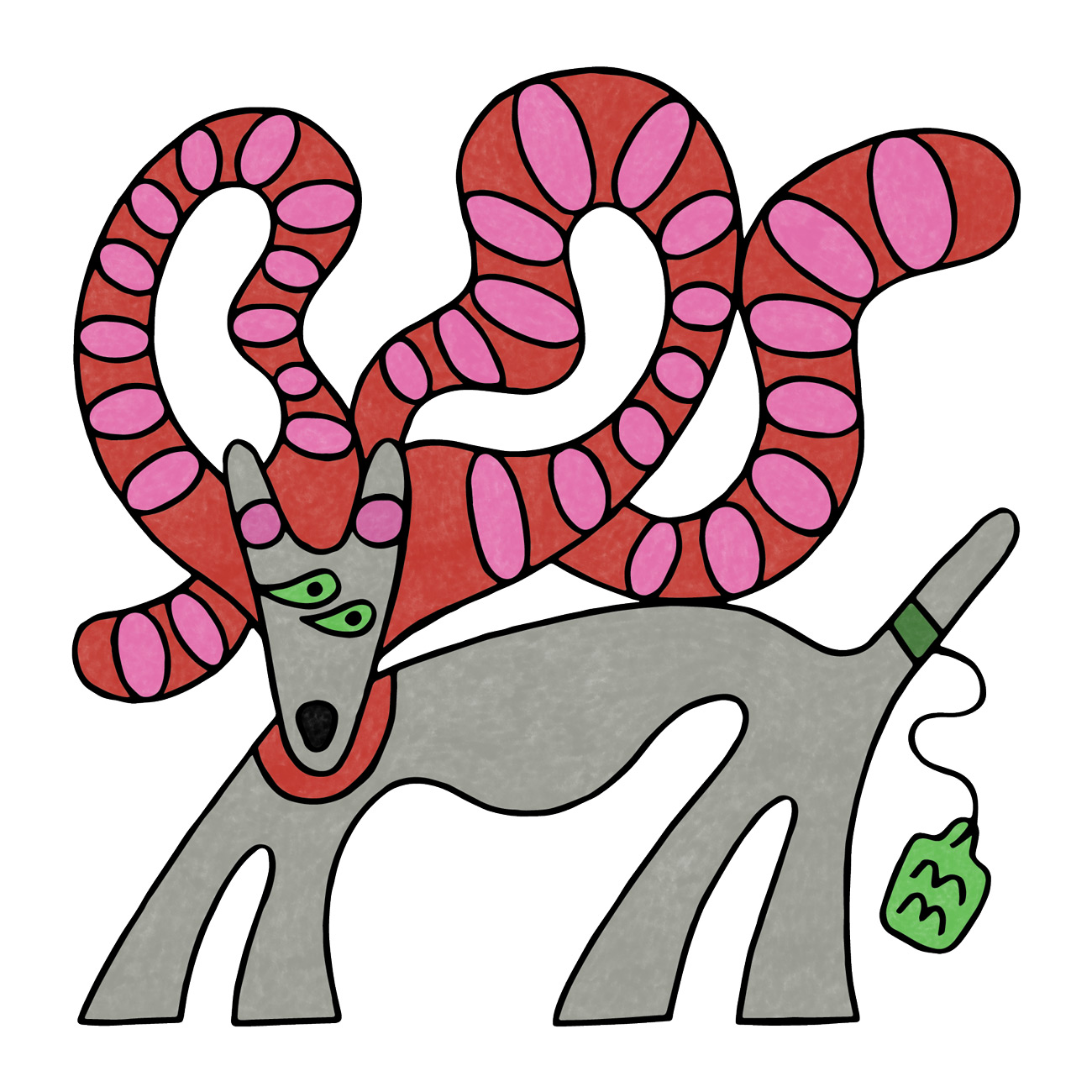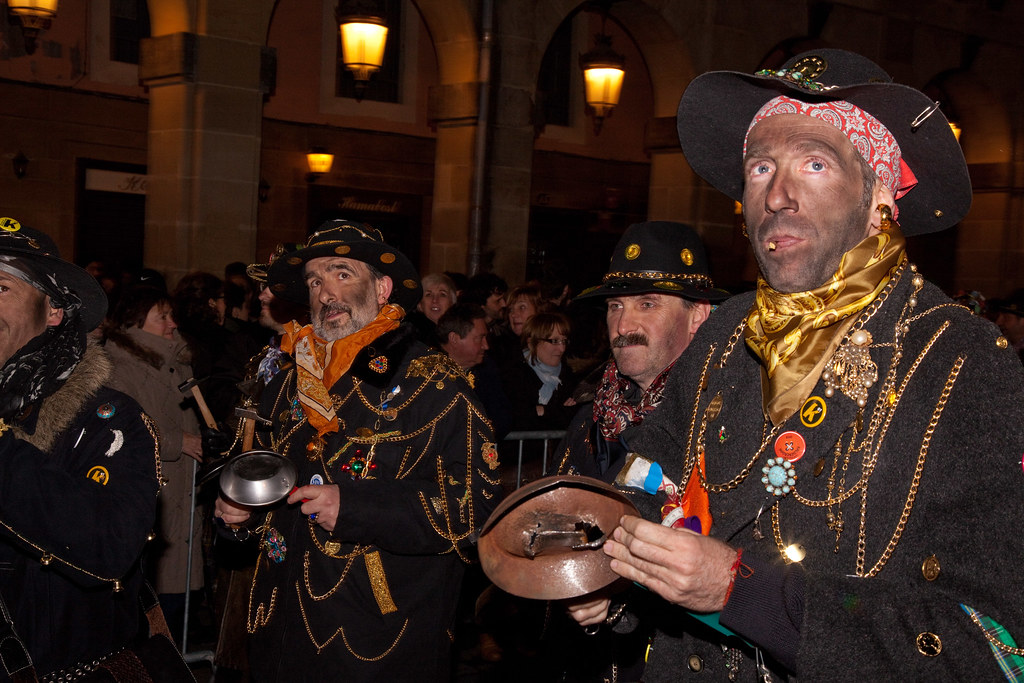Competitiveness in education

Selling and buying are fundamentally human activities. Markets and small fairs are bustling and lively public spaces, sociability places where we find valuable things we need (food, clothing, utensils) in exchange for a fair price. There is a luminous and fleeting encounter between known and unknown human beings. Can I try this skirt? The good look of these peppers. Who's the last one? Put me so much from here. Do you take the nice window? Do not wait. Your change. Thank you very much. There is no better than going to the market on Saturday morning or to the plaza (attention synonymous). But, fascinated by the devil, we started to call the market very unfortunate things: stock markets, the labor market, the financial markets, the residential market. The great economist and thinker Karl Polanyi told us that work, land and money cannot be goods (because goods are objects produced for sale on the market). Work is not a commodity, it is the ILO's motto. But late capitalism has turned everything into merchandise. And as much as air pollution, we're drowned by the billboard that covers the world.
Someday, when all this has happened, someone will write an amazing story explaining how advertising and propaganda invaded all the intricacies of life in the latest capitalism. The fascinated readers of a better future tell them that everything was a commodity to be bought for sale. And in environments of strong competition, advertising and propaganda became lords. They were about to bring about an anthropological change they had ever seen: all human beings who didn't become despicable waste, who did what they did, were buying and selling without realizing, relentlessly, immersed in marketing. All day of Saint doing cherpolari 7/24, without breaks.
We are not a group of hungry dogs, we are companions. No enemies, not even close friends: companions. We've been put into the competition, and our affinity is starting to disappear.
Apparently, more than one philosophy teacher is concerned about the commodification of hyper. I just found out that I'm writing this, that Iñigo Martínez Peña's question in ARGIA is: Can you buy everything? Hartmut Rosa invites us to read to help us say no. I will add to the thinker Michael Sandel that, although I do not always like, I highly recommend his book What cannot buy the money.
Our concern has to come from somewhere. Perhaps we can see that the teachers have already become mere commercials. Regulated education is about to become a supermarket. Our work centres (large areas) have set up a propaganda machine from the time of enrollment to attract students and customers. The customer service offices will be located below. I
will seeis.En against what some student associations claim, competition among students through grades is not the main problem. A lot of high notes can be available to everyone. Competition is between scarce goods. For example, the acquisition of student clients in elective subjects: I'm going to Disney, brilliant notes, having classes playing with gomets, being very happy. Come to us, enroll in our subject (you wouldn't believe the name of some subjects), what small deals and discounts we offer!
We've been thrown with bits of morcilla on the ground, and we fly, at full speed, to remove everything we can bite, showing tusks to other hungry dogs. But we're not a hungry group of dogs, we're partners. No enemies, not even close friends: companions. We've been put into the competition, and our affinity is starting to disappear. The dignity that corresponded to us as workers will go down the same drain. If they don't stop it.
Bidali zure iritzi artikuluak iritzia@argia.eus helbide elektronikora
ARGIAk ez du zertan bat etorri artikuluen edukiarekin. Idatzien gehienezko luzera 4.500 karakterekoa da (espazioak barne). Idazkera aldetik gutxieneko zuzentasun bat beharrezkoa da: batetik, ARGIAk ezin du hartu zuzenketa sakona egiteko lanik; bestetik, egitekotan edukia nahi gabe aldatzeko arriskua dago. ARGIAk azaleko zuzenketak edo moldaketak egingo dizkie artikuluei, behar izanez gero.
I don't want my daughter disguising herself as a Gypsy in the caldereros. I don’t want Gypsy children at my daughter’s school to dress up as Gypsies in caldereros. Because being a gypsy is not a disguise. Because being a gypsy is not a party that takes place once a year, with... [+]
The road goes by steps, and I learned a little while ago that it seems to have already begun. But people also want to learn to fill that sentence with content. Alone we could achieve little, maybe even resignation as soon as we started. Gathering huge crowds can also complicate... [+]
Ez zuen egoki jokatu, neurriak hartu behar ziren, bestela, ez dugu ikasten. Itxuraz, ez zen ohartzen egindakoaren inpaktuaz, normal jarraitzen zuen, batzuetan, ingurukoek baino itxura zoriontsuagoz. Gainera, altuegi hitz egiten du, hori ez zaio inori gustatzen. Darabiltzan... [+]
The Department of Education doesn't understand why public employees have gone on strike. He's got to ask the LAB Syndicate. This union signed an agreement with the department in April 2023. Two years later they have also called for a strike because, unlike the previous ones, the... [+]
Erretiratu berri den lankide-ohi baten omenez, Historiako irakaslea. Bejondeizula!
Hezkuntza-legeek azpimarratzen dute zein garrantzitsua den ikasleengan pentsamendu kritikoa sustatzea. Baina irakasle-klaustroak, garai batean ideien eztabaidarako eta proposamenak... [+]
The liberal democracy of the Western countries has a growing appearance of a minimalist democracy. At the heart of the definition would be respect for changes in government through elections. The authoritarian variant of this was called competitive authoritarianism by political... [+]
Zutabe hau idazten nengoela, gaia aldatu behar izan dut, nire arreta osoa harrapatu dutelako Trumpen muga-zergek. Azalpen gutxi beharko duzue, leku guztietan da berria, Txinako produktuei %10eko zerga eta Kanadako eta Mexikoko produktuei %25eko muga-zergak jarri dizkie. Trumpek... [+]
This wedge that the announcement on the radio Euskadi to replace the bathtub with a shower encourages the commencement of the works in the bathroom of the house. A simple work, a small investiture and a great change are announced. There has been a shift in toilet trends and a... [+]
The year 2025 will lead to a general policy of establishing shorter working weeks, bringing low costs for new hires for companies and an effective direction of change in labour relations.
With the aim of complying with the Spanish government agreement, the reform to shorten the... [+]
I received your e-mail in personal mail on the strike portals. At first, like many others, I thought it was to let you know what options we have in the face of the strike. But no, the e-mail received was a political and communicative movement against the strike.
I will confess... [+]
This weekend I've been thinking about the word 'aesthetic' in relation to a phrase said by a friend: “This work is aesthetic.” I have studied the etymology of the word aesthetic, it seems that its meaning was originally perceived through the senses, and it was later associated... [+]
The other day in Bilbao, I met a friend at the Bira bar. We were very happy at the Tar and I said: “Of course, since you’re Guipúzcoa, hahahaha.” And he insisted that he was not Guipuzcoan. Without me understanding it, I kept saying, “Ah! Is it not? You were born in New... [+]























